In the sprawling urban landscapes of Beijing, Shanghai, and Shenzhen, a new generation of Chinese electronic musicians is crafting sounds that defy easy categorization. Their work, pulsating through underground clubs and streaming platforms alike, offers a unique window into the anxieties, aspirations, and artistic convictions of modern China. This is not merely music for dance floors; it is a complex sonic dialogue about identity, technology, and the future.
The scene is a study in contrasts. On one hand, artists are deeply engaged with the global electronic music vocabulary, drawing inspiration from techno pioneers in Berlin, ambient explorers, and the hard-hitting beats of the UK bass scene. Tracks are produced with sophisticated digital audio workstations, shared instantly with a worldwide audience, and often feature collaborations with international producers. The sound is polished, contemporary, and outwardly focused. Yet, beneath this globalized surface lies a powerful undercurrent of introspection and a search for a distinctly Chinese sonic identity.
Many producers are actively mining China’s vast and ancient cultural heritage for inspiration. This isn't about creating simplistic "East-meets-West" fusion. Instead, it's a more nuanced process of translation. Artists are digitally sampling the resonant tones of the guzheng (a traditional zither) or the breathy melodies of the dizi (bamboo flute), not as exotic garnish, but as foundational elements within complex rhythmic structures. They are processing these sounds through layers of reverb, distortion, and granular synthesis, creating something entirely new that still feels tethered to a deep history. The result is music that feels both futuristic and ancestral, a conversation across millennia facilitated by cutting-edge technology.
This technological embrace is a central theme. For these musicians, software synthesizers, modular rigs, and AI-assisted composition tools are not just instruments; they are partners in creation. They see technology as the primary brush for painting the soundscape of tomorrow. This reflects a broader societal comfort with and optimism about technological progress, but it also comes with a critical edge. Some use glitchy, erratic beats and cold, metallic textures to express the dissonance and alienation that can accompany rapid urbanization and a hyper-connected, digitally mediated life. The music becomes a way to process the overwhelming sensory input of modern Chinese megacities.
Furthermore, the very act of producing and sharing electronic music is a form of subtle social commentary. Operating often outside the mainstream pop industry, which is heavily curated and commercialized, the electronic scene offers a degree of artistic autonomy. Lyrics, when present, can be abstract and open to interpretation, allowing artists to explore themes of personal freedom, social pressure, and existential doubt in ways that might be more difficult in other, more scrutinized genres. The communal experience of the club night, where individuals lose themselves in a collective rhythm, is itself a powerful, if temporary, escape from rigid social structures.
Looking ahead, the mindset of China's electronic musicians is one of ambitious, yet cautious, optimism. They are confident in their technical skills and their growing influence on the global stage. They are building communities, launching independent labels, and cultivating a dedicated listener base that appreciates complexity and innovation. However, they are also acutely aware of the challenges: navigating ambiguous regulations, achieving financial sustainability without compromising their art, and carving out a space that remains authentically theirs in a culture of immense conformity and commercial pressure.
Ultimately, the future they are sonically constructing is not a monolithic vision. It is a multifaceted and sometimes contradictory soundscape—a blend of human emotion and machine logic, of ancient philosophy and futuristic speculation. Through their synthesizers and sequencers, Chinese electronic musicians are doing more than just making people dance. They are thoughtfully, and with great passion, scoring the soundtrack to their nation's complex and rapidly evolving future.
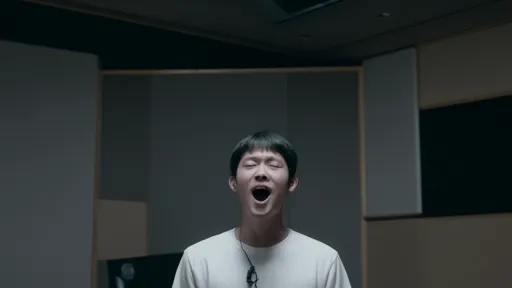
By /Aug 22, 2025

By /Aug 22, 2025
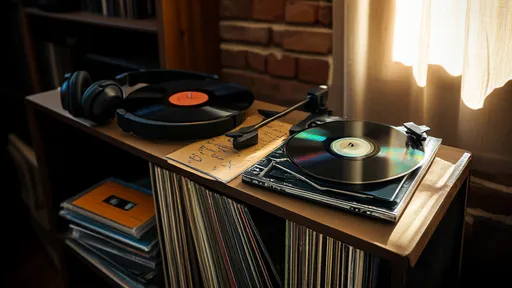
By /Aug 22, 2025
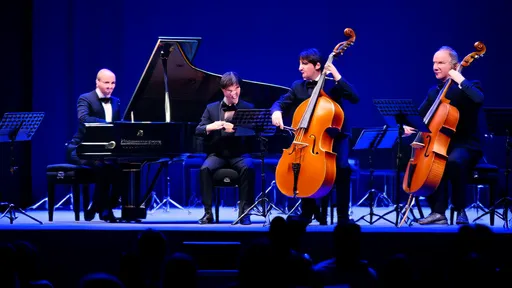
By /Aug 22, 2025
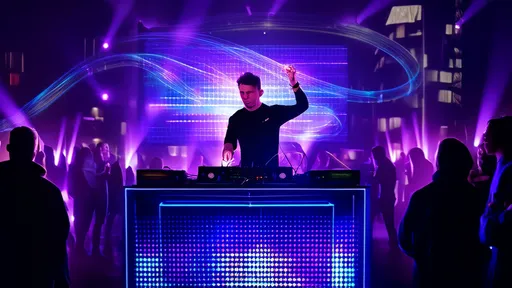
By /Aug 22, 2025

By /Aug 22, 2025

By /Aug 22, 2025

By /Aug 22, 2025

By /Aug 22, 2025

By /Aug 22, 2025

By /Aug 22, 2025

By /Aug 22, 2025

By /Aug 22, 2025
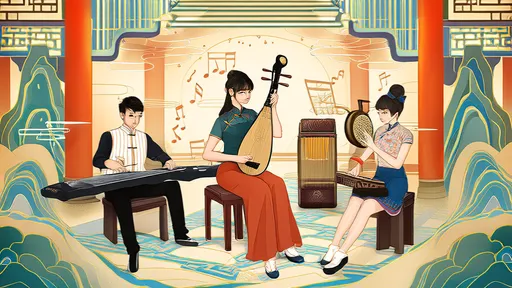
By /Aug 22, 2025
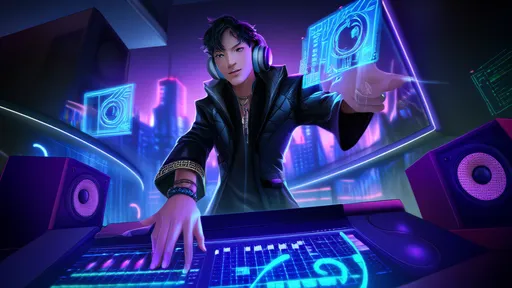
By /Aug 22, 2025

By /Aug 22, 2025

By /Aug 22, 2025
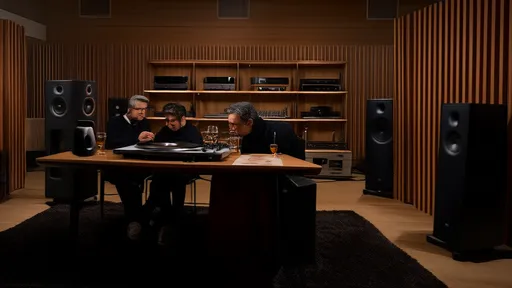
By /Aug 22, 2025
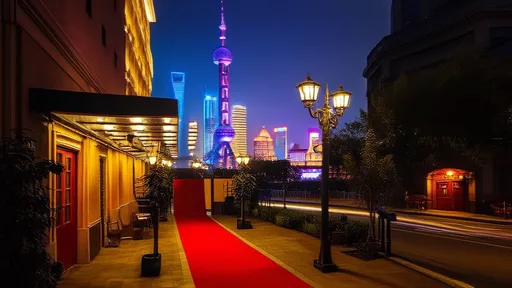
By /Aug 22, 2025
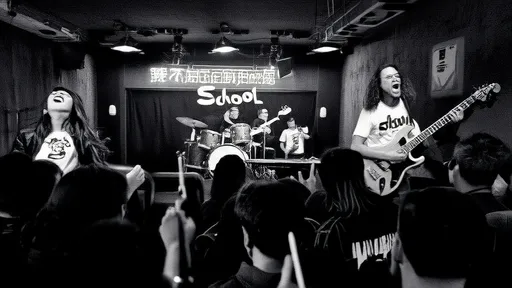
By /Aug 22, 2025